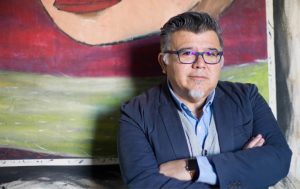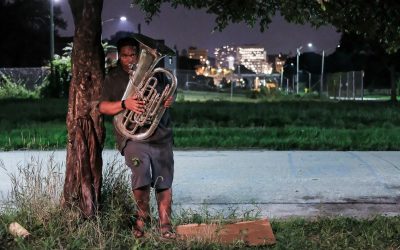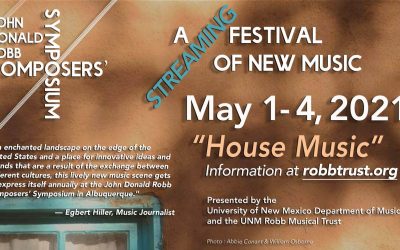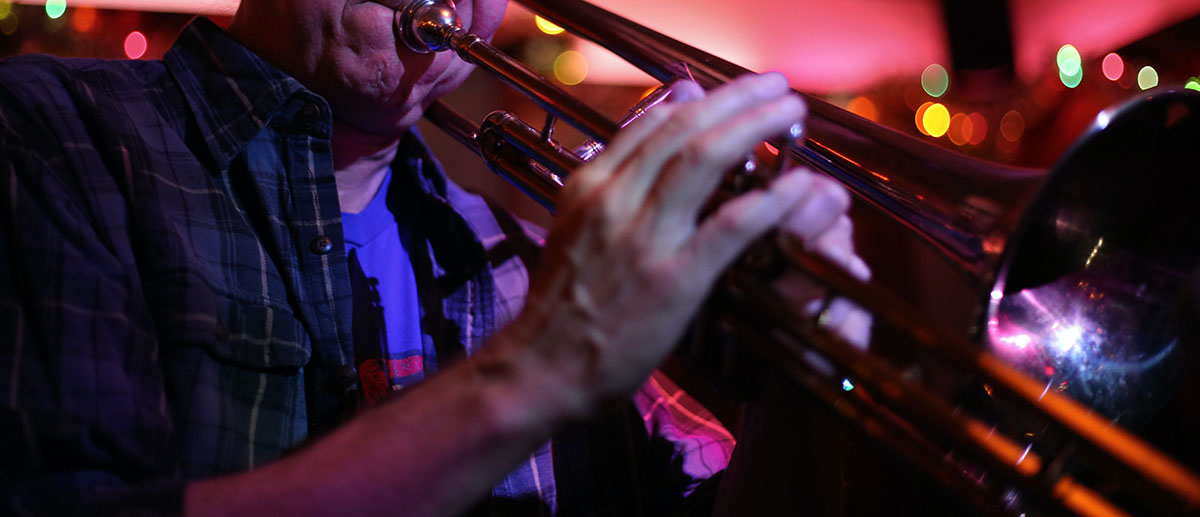Santiago Vaquera-Vásquez
Date:
Thursday, September 28th, 2017
Time and Location:
2:00-3:30pm, Waters Room, Zimmerman Library
Lecture Title:
Imagining Something Better: Punk, Tejano, La Bamba, and Other Rolas from My Border Hi-Fi
Description:
With a focus on narrative soundscapes from borderlands communities, this presentation reflects on the ways that music —in particular, Chicana/o punk— can examine complicity, entanglement and compromise in relation to nation, identity, migration and globalization.
 Unrepentant border crosser, writer, ex-dj, and academic. Santiago Vaquera-Vásquez is an Associate Professor of US Southwestern Literatures, and Creative Writing in the Department of Spanish, and Portuguese at the University of New Mexico. Has lectured and taught at universities across the United States, Latin America, and Europe. Author of four collections of short stories, Algún día te cuento las cosas que he visto (2012), Luego el silencio (2014), One Day I’ll Tell You the Things I’ve Seen (2015), and En el Lost ‘n Found (2016). His academic work focuses on US Latino cultural expression, and US/Mexico border cultures.
Unrepentant border crosser, writer, ex-dj, and academic. Santiago Vaquera-Vásquez is an Associate Professor of US Southwestern Literatures, and Creative Writing in the Department of Spanish, and Portuguese at the University of New Mexico. Has lectured and taught at universities across the United States, Latin America, and Europe. Author of four collections of short stories, Algún día te cuento las cosas que he visto (2012), Luego el silencio (2014), One Day I’ll Tell You the Things I’ve Seen (2015), and En el Lost ‘n Found (2016). His academic work focuses on US Latino cultural expression, and US/Mexico border cultures.
‘I’m Possible’ autobiography featuring UNM music professor Dr. Richard White now on sale
A Story of Survival, a Tuba, and the Small Miracle of a Big Dream By Jayla Acosta From the streets of Baltimore, Maryland to the campus of The University of New Mexico in Albuquerque, Associate Professor, Dr. Richard White (R.A.W. Tuba) continues to make headlines....
THE JOHN DONALD ROBB COMPOSERS’ SYMPOSIUM 2021 “HOUSE MUSIC”
THE JOHN DONALD ROBB COMPOSERS’ SYMPOSIUM 2021 “HOUSE MUSIC”STREAMING FESTIVAL OF NEW MUSIC May 1 – May 45 – 8:30 PM Since 1972, the internationally renowned symposium has brought composers and musicians from around the world to UNM for a series of public concerts and...
Dr. Karl Hinterbichler receives the Ken Hanlon Award from International Trombone Association
Dr. Karl Hinterbichler receives the Ken Hanlon Award from International Trombone Association The Kenneth Hanlon Award recognizes an individual that contributes greatly to the InternationalTrombone Association (ITA) and the trombone world with a spirit of generosity...



